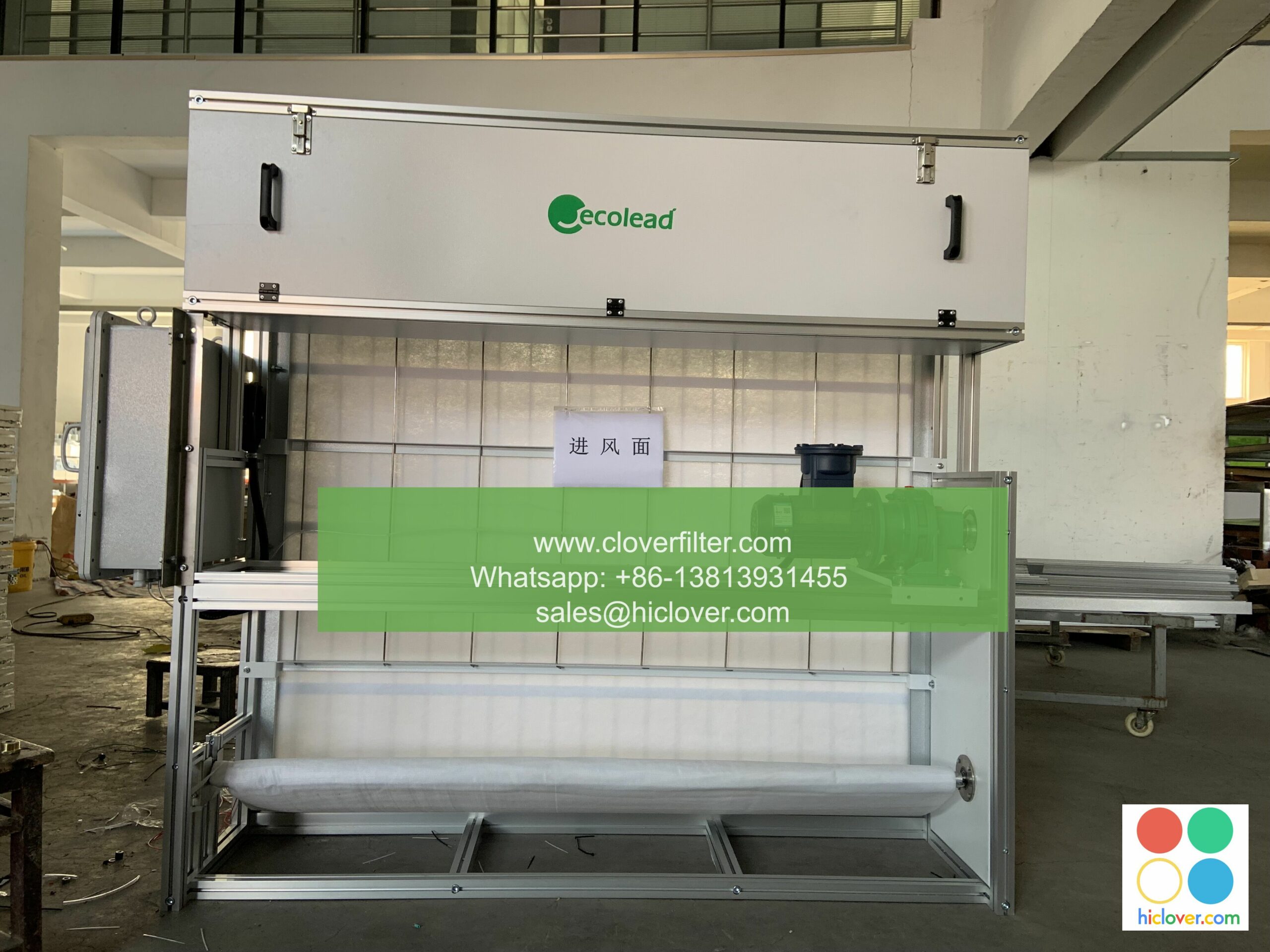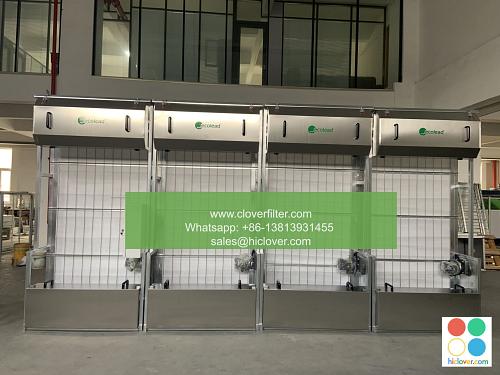The Role of Air Filter Certifications in Reducing Energy Consumption

Air filter certifications play a crucial role in reducing energy consumption in various industries, including heating, ventilation, and air conditioning (HVAC), industrial air filtration, and commercial air purification. In this article, we will explore the importance of air filter certifications and their impact on energy efficiency, indoor air quality (IAQ), and environmental sustainability.
Introduction to Air Filter Certifications
Air filter certifications are standardized testing and rating systems that evaluate the performance of air filters in terms of efficiency, pressure drop, and clean air delivery rate (CADR). These certifications ensure that air filters meet specific standards for energy efficiency, air quality, and environmental sustainability. Some of the most well-known air filter certifications include MERV (Minimum Efficiency Reporting Value), MERV-A, and UL (Underwriters Laboratories) certifications.
Benefits of Air Filter Certifications
Air filter certifications offer several benefits, including:
* Reduced energy consumption: Certified air filters can help reduce energy consumption by minimizing pressure drop and fan energy requirements.
* Improved indoor air quality (IAQ): Certified air filters can capture particulate matter (PM), gases, and volatile organic compounds (VOCs), improving IAQ and promoting occupant health.
* Environmental sustainability: Certified air filters can contribute to green building and sustainability initiatives by reducing energy consumption and greenhouse gas emissions.
Application Areas for Air Filter Certifications
Air filter certifications are applicable in various industries and application areas, including:
* Commercial buildings: Certified air filters can help reduce energy consumption and improve IAQ in office buildings, schools, and hospitals.
* Industrial facilities: Certified air filters can help reduce energy consumption and improve process efficiency in manufacturing facilities, power plants, and chemical plants.
* Residential buildings: Certified air filters can help improve IAQ and reduce energy consumption in single-family homes and multifamily dwellings.
Conclusion
In conclusion, air filter certifications play a vital role in reducing energy consumption, improving indoor air quality, and promoting environmental sustainability. By selecting certified air filters, building owners and operators can ensure that their air filtration systems are energy-efficient, effective, and environmentally friendly. As the demand for energy-efficient and sustainable solutions continues to grow, air filter certifications will become increasingly important in various industries and application areas.
Recommendations
Based on the importance of air filter certifications, we recommend that:
* Building owners and operators specify certified air filters in their air filtration systems to ensure that they meet energy efficiency and IAQ standards.
* Manufacturers prioritize energy efficiency and IAQ in their air filter designs and invest in certification programs to demonstrate the performance of their products.
* Policymakers develop and implement regulations and incentives that promote the adoption of certified air filters and energy-efficient air filtration systems. It seems like you forgot to include the actual prompt. Please go ahead and provide the question or topic you’d like to discuss, and I’ll do my best to provide a direct and uncensored response.

